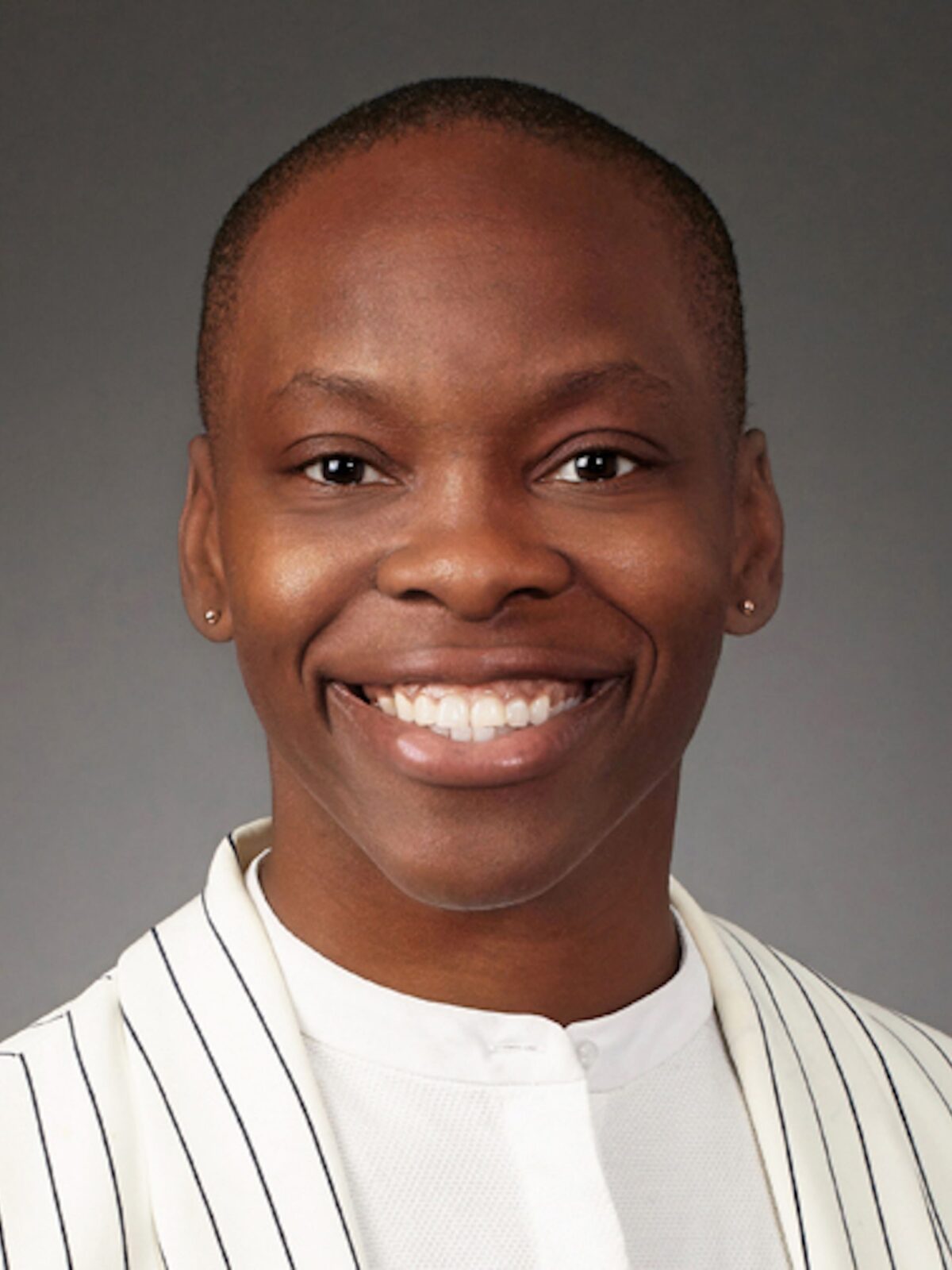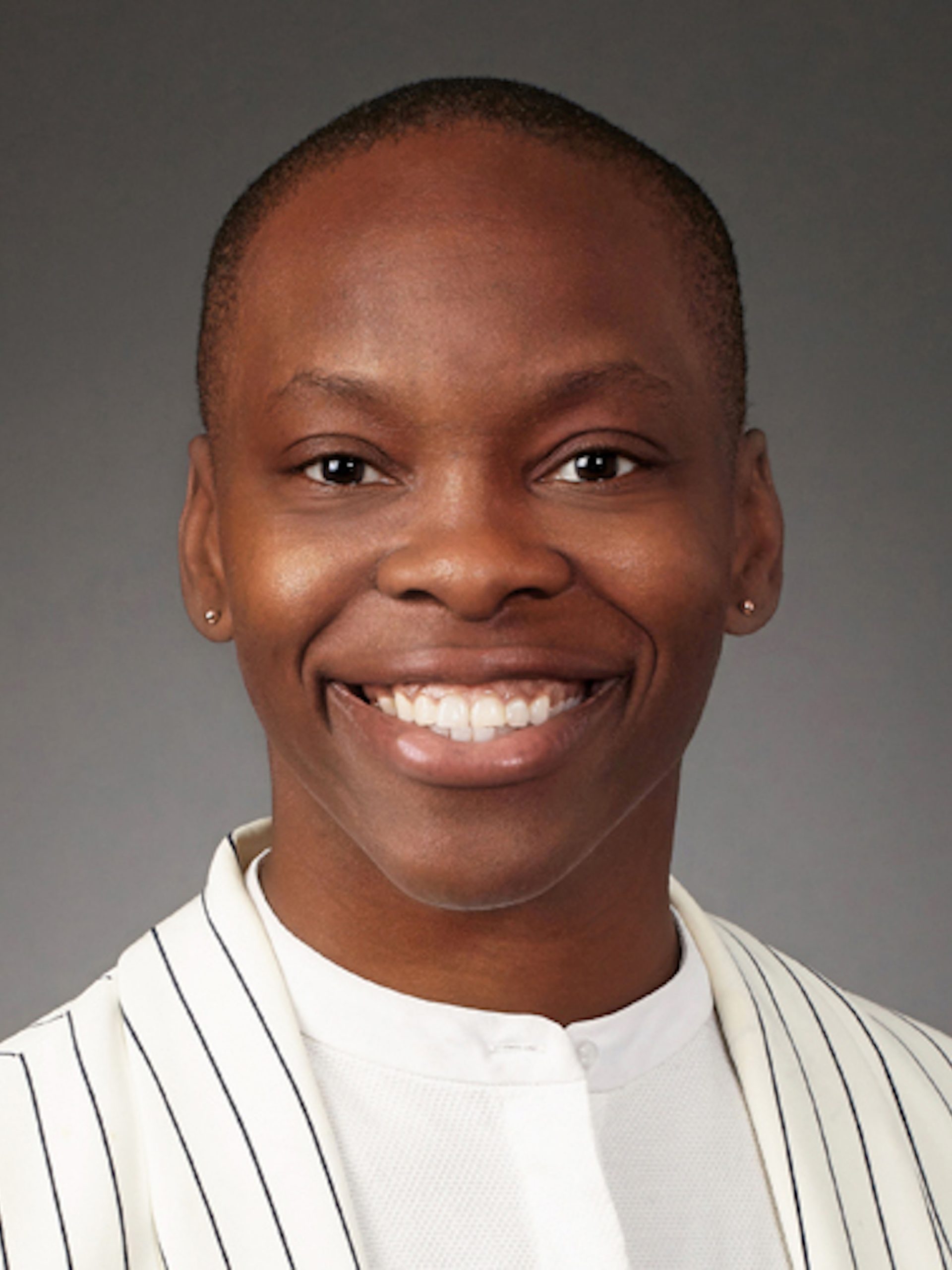In our series of features on chief diversity officers (CDOs) and those with similar titles, a common theme has been the fact that so many companies are demonstrating their commitment to diversity, equity, and inclusion (DEI) by adding CDOs and similar roles in the first place. Having a C-level executive specifically tasked with promoting those key business initiatives makes tangible action that much more likely and impactful.
For this feature, we spoke to someone who shares the mission and vision of a CDO but with the added visibility and authority of a top executive. Workplace compliance/HR tech start-up Emtrain recently announced it named Women’s Football Conference Founder and CEO Odessa “OJ” Jenkins the company’s first president. In making the hiring decision, Emtrain CEO and Founder Janine Yancey decided to break the traditional Silicon Valley hiring mode, tossing out all the same Ivy League/Wharton MBA résumés her recruiter was serving up and hitting her own network to unearth a true passionate activist to lead her start-up to the next level.
A Unique Background
At first glance, Jenkins’s background might not seem like an ideal fit for the role of a Silicon Valley president. She’s a pioneer in women’s sports for founding and leading the nation’s biggest women’s tackle football league, but she also has enterprise software and HR/workplace chops through her past position as vice president of client success at YourCause, an enterprise software company that connects clients and employees to the global community through corporate social responsibility.
Jenkins is also one of the few openly gay black women running a Silicon Valley VC-backed start-up. She’s in a unique position to lead DEI efforts and effect change on a broad level across the tech world.
As we noted above, Jenkins is not technically a CDO, but you might say her mission is actually bigger. Through her leadership role at a workplace compliance/HR start-up, she’s working to effect change across many companies through the efforts of Emtrain, not just the DEI at Emtrain. “My job will be to continue to drive our growth as a Tech company and as a leader in promoting diversity, equity, and inclusion internally and with our clients,” Jenkins explains.
An External and an Internal Focus
Jenkins and Emtrain are unique compared with other companies and diversity leaders we’ve covered in previous features precisely because of their external focus on DEI. “Emtrain delivers technology which promotes what I believe is a critical part of D&I, and that’s a company’s willingness to listen to their employees,” says Jenkins. “With diversity, equity and inclusion built in, our software pulses employees on key behaviors to show sentiment data, which illustrates organizational strengths and weaknesses.”
Jenkins explains that Emtrain has identified key employee behaviors that drive diverse skills and inclusive actions. “Within our platform, we’re pulsing on the levels of these key behaviors within the organizations,” she says. “We then aggregate the data, and create actionable benchmarking. Our broader goal is to provide a playbook for all businesses to improve their D&I.”
That external impact doesn’t mean Emtrain doesn’t emphasize DEI in its own workplace. “As a woman-led business, I think we are more conscious than most Silicon Valley based tech companies when it comes to diversity,” Jenkins says. “We ‘walk the walk’ in that we encourage our employees to show up fully as their authentic selves. We lead with transparent and an open ear. We recruit for what we want to see in the world, and not just what we want our products and services to do. We also use our own products to diagnose areas in our culture which need to be addressed. Diversity looks different in every business, but our commitment at Emtrain, is that we will actively work towards including, involving and celebrating our differences.”
Connecting the Dots in Her Career Path
Jenkins attributes at least some of her success in business to her experience in women’s football. She explains that her passion for sports has been lifelong, but her foray into playing women’s football began in college. “I have always been drawn to the competitiveness and team dynamics that you experience in football,” she says. “I played basketball and ran track as a student at Cal Poly San Luis Obispo. Then in 2008, I decided to switch to playing football. It was very new then, and after seeing so much sacrifice from the women that I played the sport with, I was determined to help drive the sport from amateurism to the professional ranks. I’ve been recognized for my work and playing career on many levels, but nothing brings me more pride than to see the world discover the amazing women who play in the WNFC.” Jenkins says one might not think there are many similarities between a sports business and a culture tech platform, but she sees plenty.
“Both organizations are filled with high-performing people who are innovative and who are activists,” she explains. “At Emtrain we are activists who work hard to show the corporate and societal value of respect, ethics, and inclusion. It takes more than just being able to deliver data-backed training solutions. It takes a belief in the veins of the company that what we are doing is right.”
Jenkins says the same holds true for the athletes in the Women’s National Football Conference. “Every one of those athletes is an activist in her own right,” Jenkins argues. “When you strap on a helmet in a sport that is dominated by people who are not like you, you are taking an activist stand every time the ball is snapped.”
Embracing Diversity Through Company Culture
Jenkins is a believer in companies’ ability to change the world. “I know the impact that company culture can have on employees, their productivity, their attitude, and their own well-being,” she says. “I believe company culture is about authenticity. Emtrain is proof of this. I got to where I am by being my absolute authentic self. I know I don’t fit the mold for the typical president of a tech startup. For some companies that might be scary. For Emtrain, it’s exciting.”
It’s this attitude that so many companies that are successful in their DEI efforts share. By letting people be themselves, organizations let them be their best selves. That ability to be one’s best ripples through an organization, allowing it to perform and compete at the highest levels.
The post Odessa Jenkins—Allowing Herself and Others to Compete at Their Highest Levels appeared first on HR Daily Advisor.

